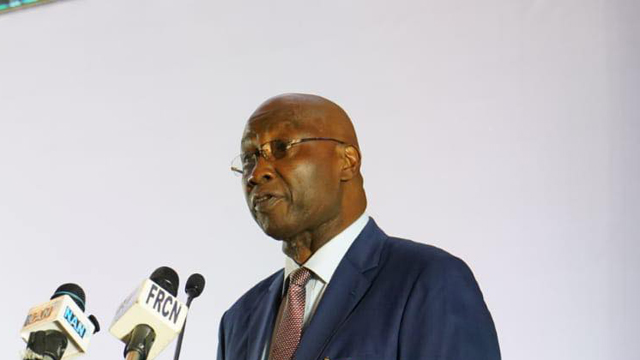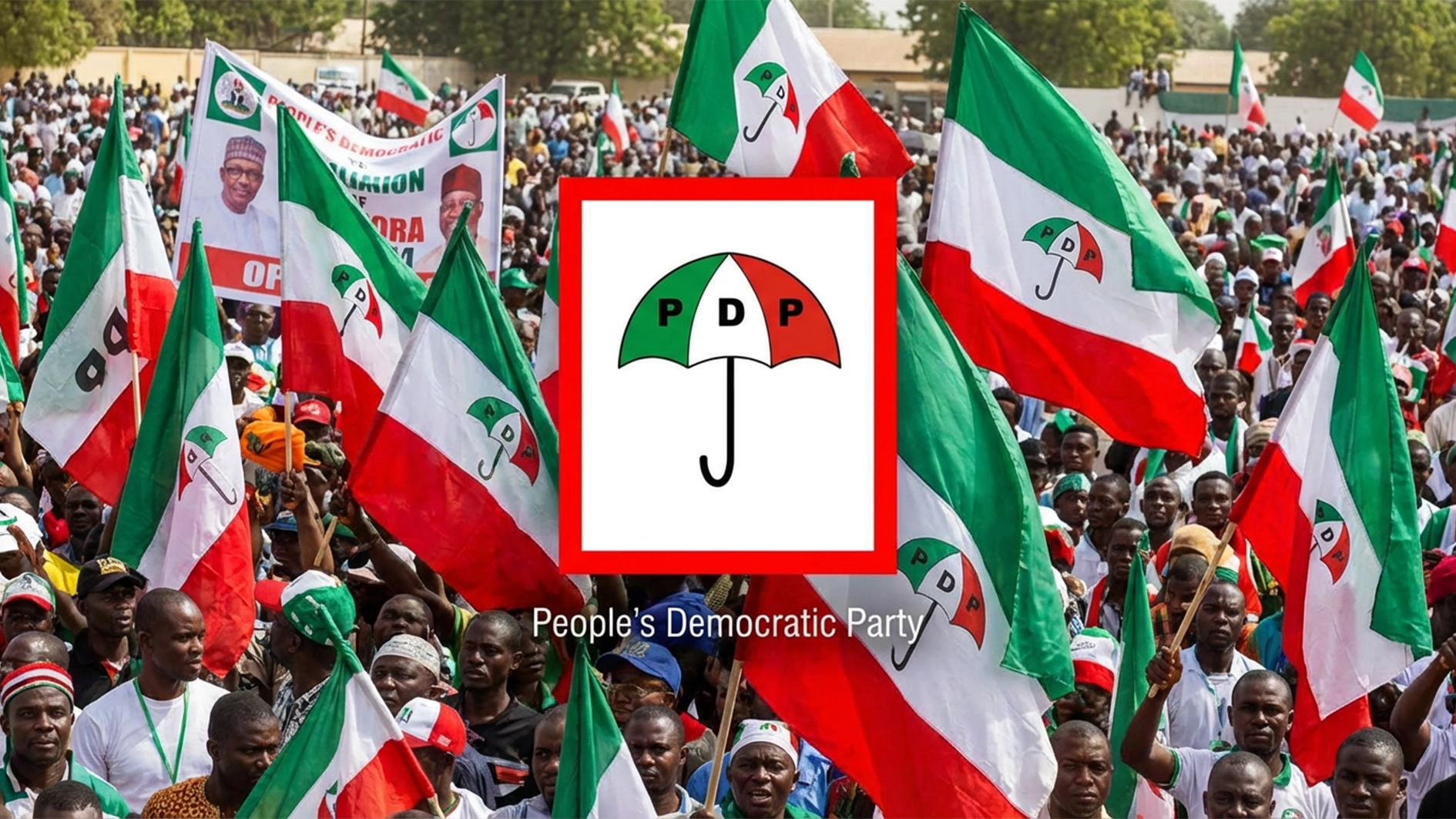Former Secretary to the Government of the Federation, Boss Mustapha, has described the 2013 opposition party merger that led to the creation of the All Progressives Congress (APC) as a strategic move that built on the electoral appeal of Muhammadu Buhari.
At the launch of Garba Shehu’s book According to the President: Lessons From A Presidential Spokesman’s Experience in Abuja on Wednesday, Mustapha argued that the success of the APC in the 2015 elections was largely driven by Buhari’s existing support base, rather than the numerical strength of the parties that merged.
Mustapha stated that Buhari’s vote numbers prior to the merger showed a consistent electoral presence, referencing the 12.2 million votes he received in the 2011 presidential race.
He said this support carried through to the 2015 victory, where Buhari secured 15.4 million votes.
According to Mustapha, only about three million of those votes came from the Congress for Progressive Change (CPC), Action Congress of Nigeria (ACN), and All Nigerian Peoples Party (ANPP), collectively, with the bulk attributed to Buhari’s own popularity.
“In the 2003 elections, it was the Obasanjo-Buhari contest where Buhari recorded 2.7 million votes. In the next elections, he got 12.7 million votes. In 2007, it came to 6.6 million, then back to 12.2 million in 2011,” he said. “Though the CPC had only one state, the ACN had six states, and the ANPP had three states. When you sum up the total votes that gave us the presidency in 2015, the aggregate was 15.4 million.
“So, basically, what we brought to the table after the merger outside the Buhari 12.5 million votes was three million.”
Mustapha noted that the parties’ contribution was essential for coalition building, but that it was Buhari’s reputation and national profile that anchored voter confidence.
He described the merger as a coordination of forces made effective by leadership figures such as President Bola Tinubu and former Borno governor Ali Modu Sheriff, whose involvement, he said, played a key role in aligning divergent interests under one party framework.
Reflecting on the 2015 outcome, Mustapha said it marked the first democratic transition of power from a sitting government to an opposition party in Nigeria, crediting the groundwork laid through both Buhari’s standing and the merger’s structural unity.






